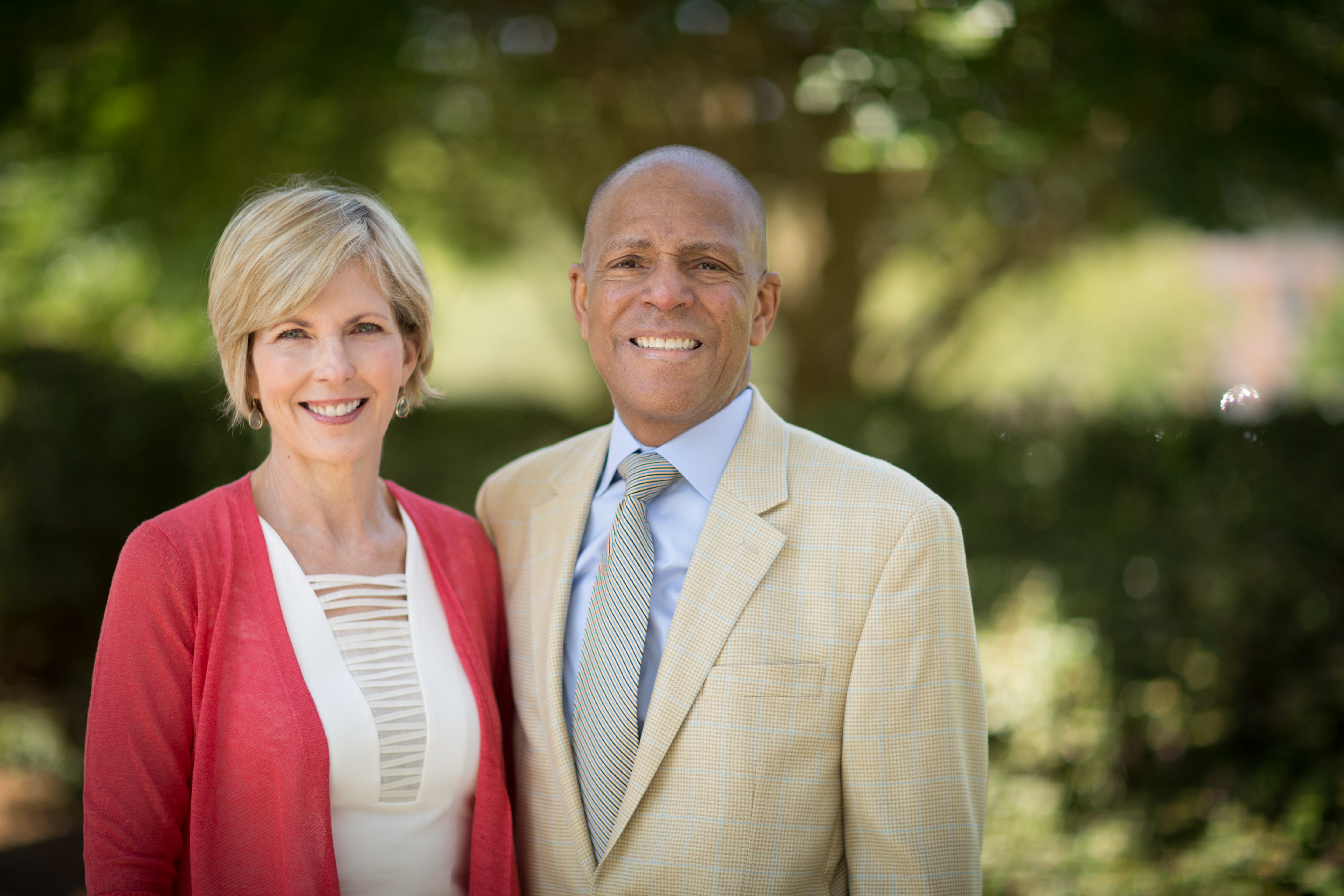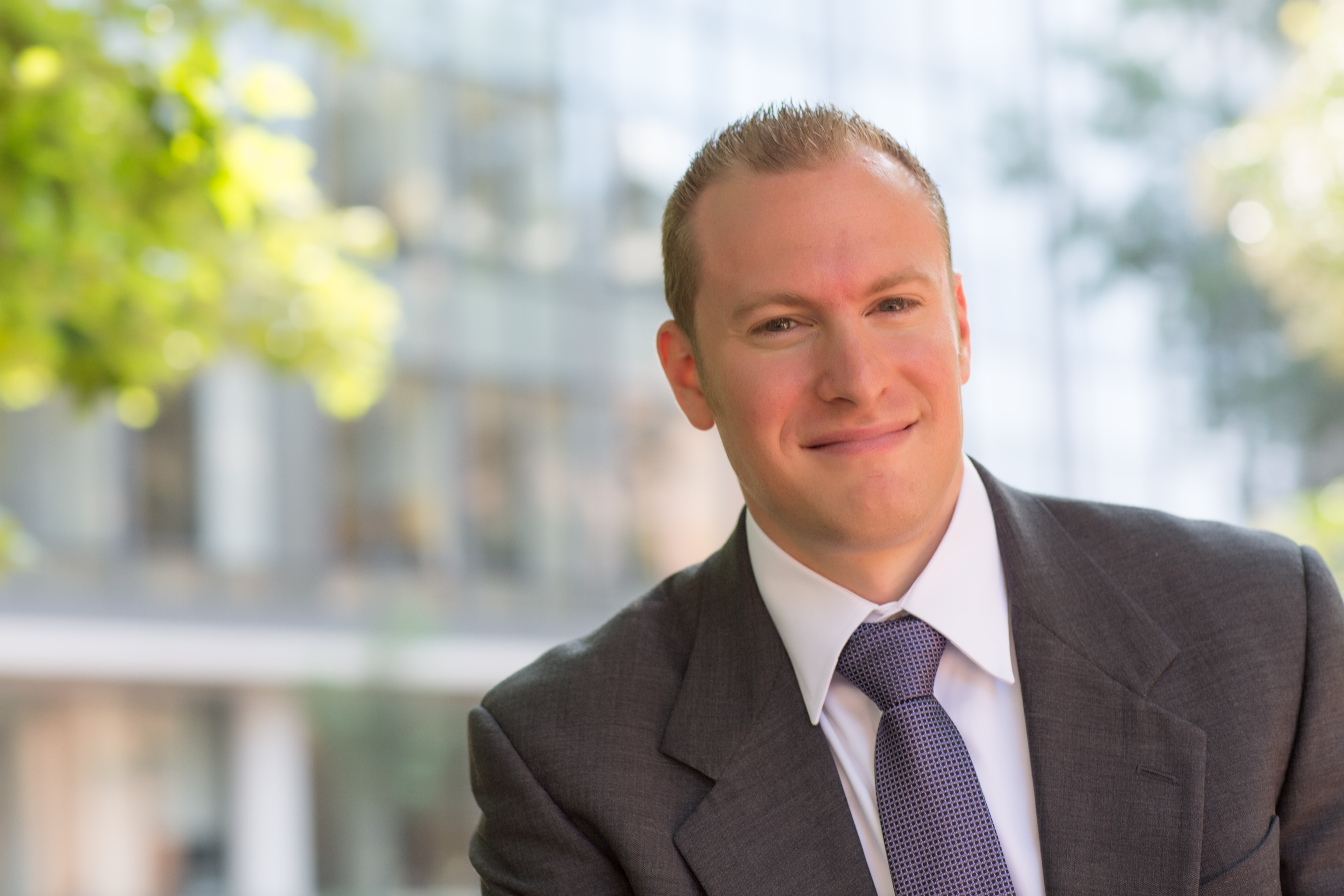Superior Court Judge Carl Fox, who was was diagnosed with myelodysplastic syndrome (MDS), a form of bone marrow cancer, in 2015. Thanks to the care of Josh Zeidner, MD, and Thomas Shea, MD, and a life-saving cord blood transplant, he is back on the bench.


Superior Court Judge Carl Fox has been a fixture in Orange and Chatham County courtrooms since 1978, when he first began his law career as an assistant district attorney. “After nearly 40 years of practicing law in the same community, I’ve made many, many friends and a few enemies along the way,” Fox says, laughing as he recalls some of his high-profile cases. “Overall, it’s an extremely rewarding career and a real honor to serve.”
But in the spring of 2015, Fox worried that he might not be able to go back to the bench at all. For months he’d been losing weight, he tired easily, and his leg bothered him so much he’d begun limping. His internist, Tim Carey, MD, ordered lab work and found that Fox’s platelets were low. He was admitted to the hospital. “After more tests, I was diagnosed with myelodysplastic syndrome (MDS), a form of bone marrow cancer, and I knew it wasn’t good.”
Within weeks, Fox was transferred to the N.C. Cancer Hospital under the care of Josh Zeidner, MD. Given Fox’s diagnosis of MDS and severe blood count abnormalities, Zeidner began treatment with a chemotherapy called Azacitidine and referred Fox to see Thomas Shea, MD, to consider a bone marrow transplant. Shea, a UNC Lineberger member, professor of Hematology and Oncology at the UNC School of Medicine, and director of the UNC Bone Marrow and Stem Cell Transplantation Programs, says Fox suffered from bone marrow failure, meaning his bone marrow was not producing red blood cells, white blood cells, or platelets effectively.
“In high-risk forms of MDS, like Carl’s case, a bone marrow transplant is recommended and represents the only chance to provide a cure for this disease,” says Shea. “Unfortunately, when we researched the national bone marrow donor registries, there was no bone marrow match for Carl.”
While Fox initially tolerated the chemotherapy well, his blood counts did not improve. Then he developed complications of MDS, including multiple hospitalizations for infections, and it was clear the chemotherapy was not helping his disease. However, there was another treatment option: a cord blood transplant. This type of blood donation is collected from the placenta and umbilical cord after a baby’s birth. The cells are then tested, frozen, and stored as a cord blood unit at a public cord blood bank for future use.
Shea was thrilled to find two cord blood units on the registry that were a close match for Fox. The units were immediately shipped from New York to North Carolina, and Fox’s medical team began preparing him for the transplant. This meant completely wiping out his immune system with chemotherapy and full body radiation so the new, healthy cord blood stem cells could be infused and begin reproducing on their own. On September 30, 2015, Shea performed Fox’s cord blood transplant.
“After Carl’s transplant, he suffered significant weight loss,” says Zeidner, a UNC Lineberger member and assistant professor of Hematology and Oncology at the UNC School of Medicine. “But with good nursing care, he began to recuperate, steadily putting on pounds and regaining his strength. He was discharged after a lengthy stay in the bone marrow transplant unit.”
Over the following months, with rest and TLC from his long-time partner, Julia Smith, Fox continued his recovery. His white blood cell and platelet counts went up; the cord blood transplant had been a success. Fox returned to the courtroom on July 11, 2016.
“I’m in complete remission, I’m back at work, and I’m living my life, thanks to the care I received at UNC Lineberger,” says Fox. “I’m so grateful to have a world-class cancer center right here in my own back yard, filled with people like Dr. Shea and Dr. Zeidner who go to great lengths to help and heal their patients. Words can’t express my gratitude.”
